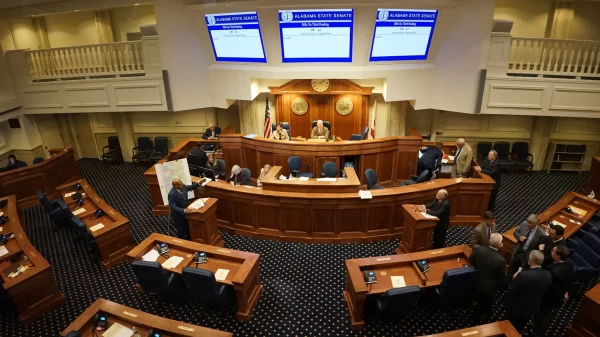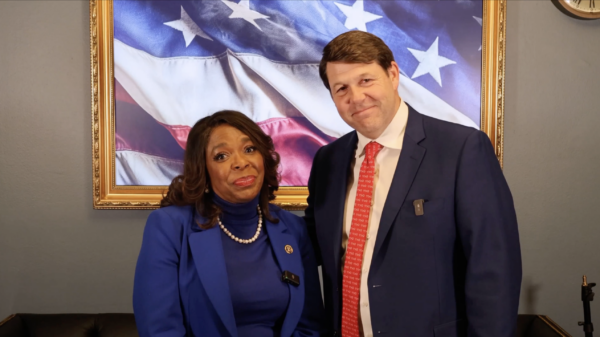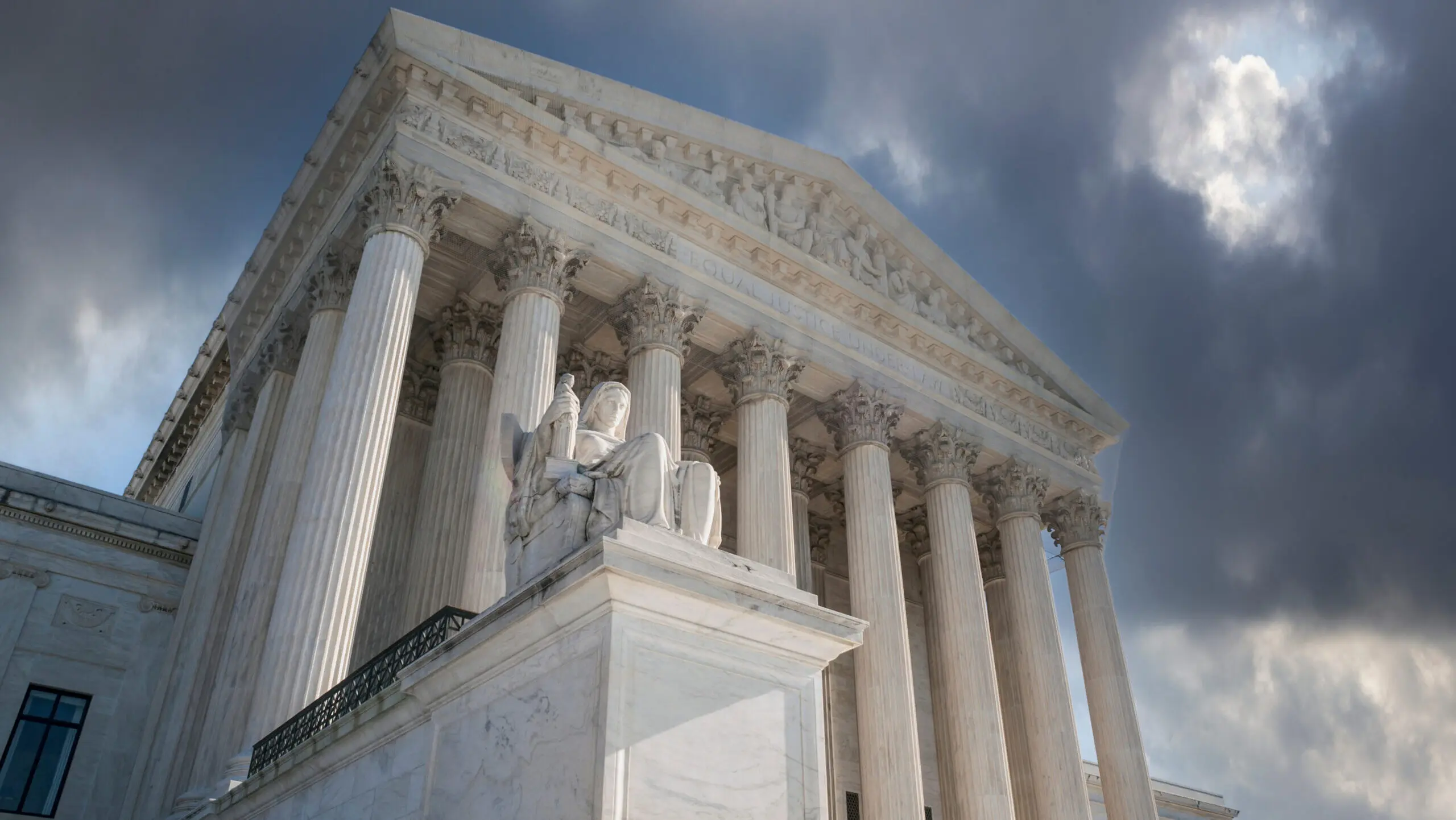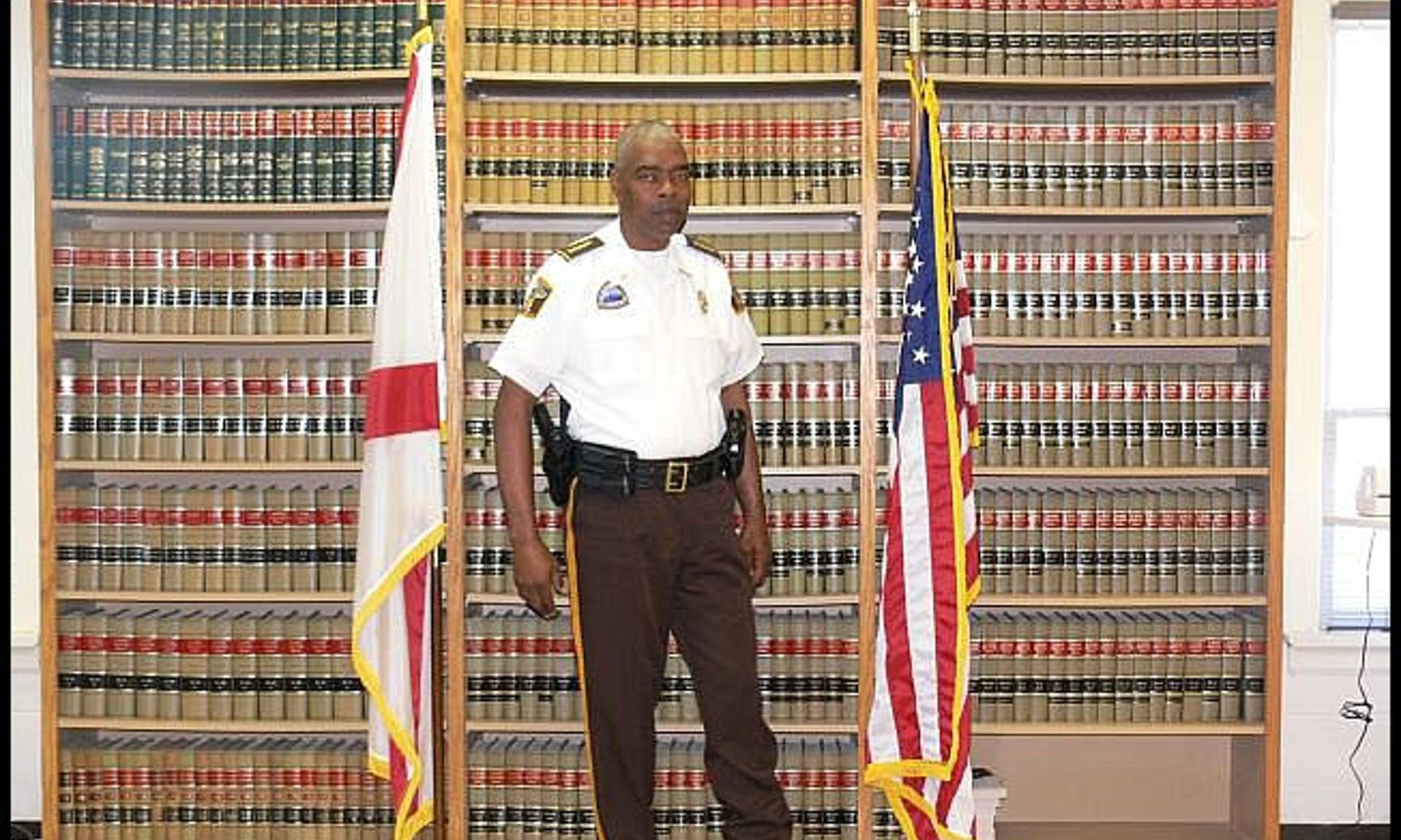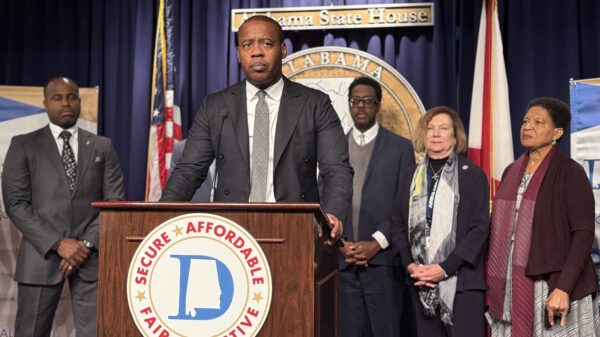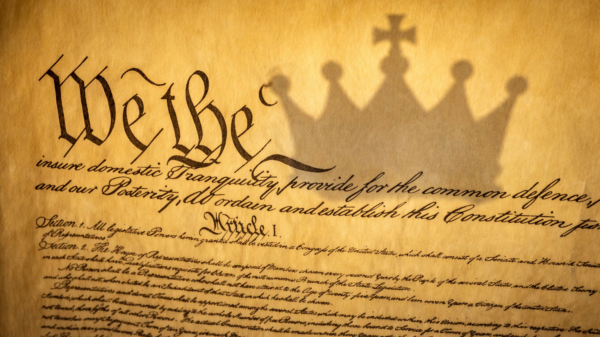On Friday, the Supreme Court instructed parties in the ongoing court case Louisiana v. Callais to submit briefs on the constitutionality of so-called “majority-minority” district mandates. This development comes after the Supreme Court declined to issue a ruling on the case earlier this year.
Filed by several “non-African American voters,” Louisiana v. Callais is a challenge to a court-ordered redistricting on the grounds that the new district maps, drawn because the state legislature’s first attempt was found to violate the Voting Rights Act, are themselves “textbook racial gerrymandering.”
In an amicus brief filed by Alabama Attorney General Steve Marshall on behalf of thirteen states besides Louisiana that are led by Republicans, the states similarly argued the new Louisiana maps are an impermissible gerrymander and that the “court’s endlessly malleable approach to §2 cannot justify race-based remedies and will demand race-based redistricting in perpetuity.”
The state of Louisiana, however, has so far opted not to argue in the Callais case that the Voting Rights Act as presently understood is unconstitutional or requires racial gerrymandering.
“I’m not going to stand here and say that the Robinson courts were right, but I will say that what is set in stone is what they’ve said,” Louisiana Solicitor General Ben Aguiñaga stated during oral arguments in March. “That is the law. And we took that as gospel and went back to the drawing board and drew District 6.”
Before the case was assigned for reargument, Caren Short, legal director of the League of Women Voters, told APR that she was not concerned about the Voting Rights Act being seriously affected by the Supreme Court’s eventual decision. She said “the Supreme Court had stood firm in upholding section 2 [of the Voting Rights Act]” and the ruling in Allen v. Milligan was “extremely robust.”
The Supreme Court’s decision to request additional briefs, though, suggests the eventual decision may be more sweeping than Short expected.
Justice Clarence Thomas, in his dissent from the court’s decision to send the case for reargument, wrote that “the Court has construed §2 [of the VRA] to require race-based districting under circumstances that do not remotely approximate the racial discrimination that such districting is supposed to remedy.”
He went on to heavily imply the court should have ruled that “a violation of §2 is insufficient to justify a racebased remedy.” A decision along those lines would “[gut] Section 2’s remedial power in racial-gerrymandering cases,” Matt Ford noted in an article for The New Republic.
After the court’s order to submit additional briefs was issued on Friday, professor and election law expert Rick Hasen warned on his blog that “the stakes here are enormous.”
“This Court is more conservative than the Court that in 2013 struck down the other main pillar of the Voting Rights Act in the Shelby County case,” Hasen wrote. “This is a big, and dangerous, step toward knocking down the second pillar.”
Both of Alabama’s Democratic members of Congress, Terri Sewell and Shomari Figures, currently represent majority-minority districts. Figures’s district was drawn by the court in 2023 after the state legislature submitted maps that did not fulfill legal requirements.
In May, a three-judge panel ruling on the Alabama redistricting case Allen v. Milligan wrote that they “cannot understand the 2023 Plan [submitted by the state legislature] as anything other than an intentional effort to dilute Black Alabamians’ voting strength and evade the unambiguous requirements of court orders standing in the way.”
The next month, Alabama Secretary of State Wes Allen and two Republican members of the state legislature began appealing that decision to the Supreme Court.















